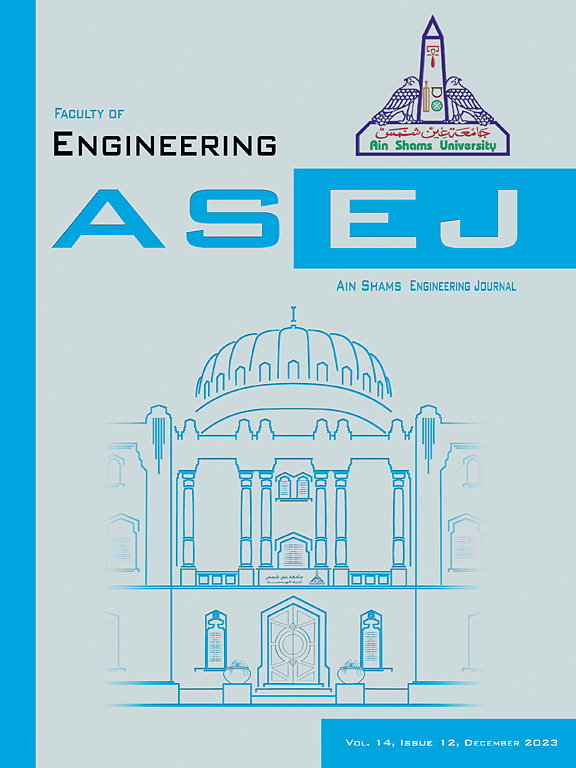FractalNet-based key generation for authentication in Voice over IP using Blockchain
IF 6
2区 工程技术
Q1 ENGINEERING, MULTIDISCIPLINARY
引用次数: 0
Abstract
Voice over Internet Protocol (VoIP) has seen significant growth since the proliferation of the Internet, primarily due to its low-cost structure and simplicity in deployment. However, VoIP systems face critical security challenges, including threats to integrity, authenticity, and confidentiality. Addressing these concerns necessitates the development of a secure and efficient key agreement and authentication framework. Thus, this paper proposes a new deep learning technique called FractalNet-based key generation (FractalNet-keyGen) for authentication in VoIP using Blockchain. The implementation of the proposed methodology is as follows: Here, several entities, such as VoIP users, admin, smart contract, as well as minor nodes are considered. Moreover, the steps that are considered include Blockchain association, Registration, Initialization, Authentication, Key generation, as well as Verification. Besides, the established FractalNet-keyGen approach attained improved performance with values of validation time, memory usage, response time, key complexity, packet loss ratio, latency, and jitter of 20.37 sec, 15.35 MB, 2.06 sec, 0.942, 1.85%, 0.302s, and 0.275s.
求助全文
约1分钟内获得全文
求助全文
来源期刊

Ain Shams Engineering Journal
Engineering-General Engineering
CiteScore
10.80
自引率
13.30%
发文量
441
审稿时长
49 weeks
期刊介绍:
in Shams Engineering Journal is an international journal devoted to publication of peer reviewed original high-quality research papers and review papers in both traditional topics and those of emerging science and technology. Areas of both theoretical and fundamental interest as well as those concerning industrial applications, emerging instrumental techniques and those which have some practical application to an aspect of human endeavor, such as the preservation of the environment, health, waste disposal are welcome. The overall focus is on original and rigorous scientific research results which have generic significance.
Ain Shams Engineering Journal focuses upon aspects of mechanical engineering, electrical engineering, civil engineering, chemical engineering, petroleum engineering, environmental engineering, architectural and urban planning engineering. Papers in which knowledge from other disciplines is integrated with engineering are especially welcome like nanotechnology, material sciences, and computational methods as well as applied basic sciences: engineering mathematics, physics and chemistry.
 求助内容:
求助内容: 应助结果提醒方式:
应助结果提醒方式:


